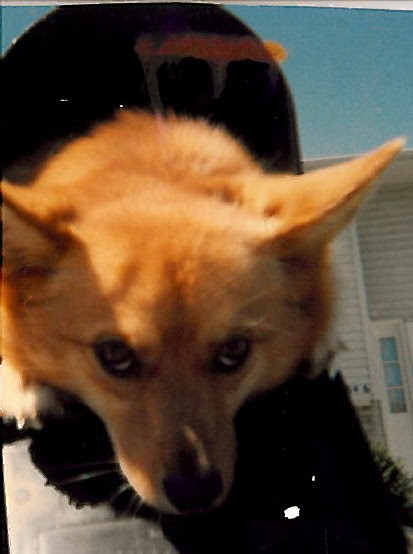Pet lovers, consider an often overlooked loved one in your estate planning: you might want to create a pet trust.
If you have a beloved pet companion and want to care for them for a lifetime, should it just be for your lifetime? You wouldn’t think of leaving them unattended while on a two-week vacation. What about forever? Providing for your pet in your Will or Living Trust is the logical extension of your care.
Some owners employ pet sitters. Doesn’t leaving that same pet dangling unattended at death or disability seem painfully inconsistent.
Pet trusts are a legally binding arrangement in which the donor (the person creating the trust) formally outlines their wishes for how they want to care for their pet when they can’t.
A few more people are involved in a pet trust, according to the article “’Paws-ing’ to plan: How you can ensure your pet’s future well-being with pet trust planning” from The Gilmer Mirror.
When you create a pet trust, appoint several people in succession to fill three critical roles: A trustee oversees how trust funds are dispensed; A caretaker is in charge of the pet’s care. Finally, an enforcer makes sure the donor’s wishes are followed. Donors may appoint a caretaker of their choice or work with an agent to find someone suitable for their pet.
Unlike an informal promise to care for a pet made by a well-meaning friend or family member, you leave a legally enforceable contract when you create a pet trust, giving it more “teeth” and depth. There is nothing to stop the person you leave your pet with from doing whatever they wish, from leaving the pet at a shelter to selling the pet. With a trust, all parties are bound to use the money for its intended purposes and to follow pet care instructions.
What can you ask your pet’s caretaker to do? Anything you feel is necessary. It can be as basic or as detailed as you wish. The pet could be cared for as they were by you, with the same kind of food, attention, and affection. They can also continue to be seen by the same veterinarian if one is identified and instructions as you provide. These details can be provided in a letter so that you can update and modify them as circumstances evolve.
Pet planning has become increasingly popular as more people see their pets as family members. However, pet trusts are not just for house cats or dogs. Work animals, show animals, specially trained service and companion animals, and animals used for breeding are also protected by pet trusts.
A pet trust could ensure the future of a highly trained show jumper or ensure a working dog ends up at a farm where she continues to herd sheep.
Pet trusts are especially important for people with service animals. A blind person who has bonded with a seeing-eye dog may only wish another blind person to inherit a seeing-eye dog. The trust could ensure that animals who have been trained to provide emotional support or to detect health conditions like seizures should go to individuals with these same challenges.
Individuals who live with highly trained service animals should consult an experienced estate planning attorney and the organization that prepared the animal to ensure a pet trust is created within the scope and requirements of the organization, as well as the wishes of the owner. The organization may be better able to place the animal while adhering to the pet trust’s requirements.
Pet owners create a pet trust to protect beloved animal companions and provide peace of mind for their humans. It should be part of your overall estate plan and regularly updated.
Reference: The Gilmer Mirror (March 23, 2022) “’Paws-ing’ to plan: How you can ensure your pet’s future well-being with pet trust planning”


